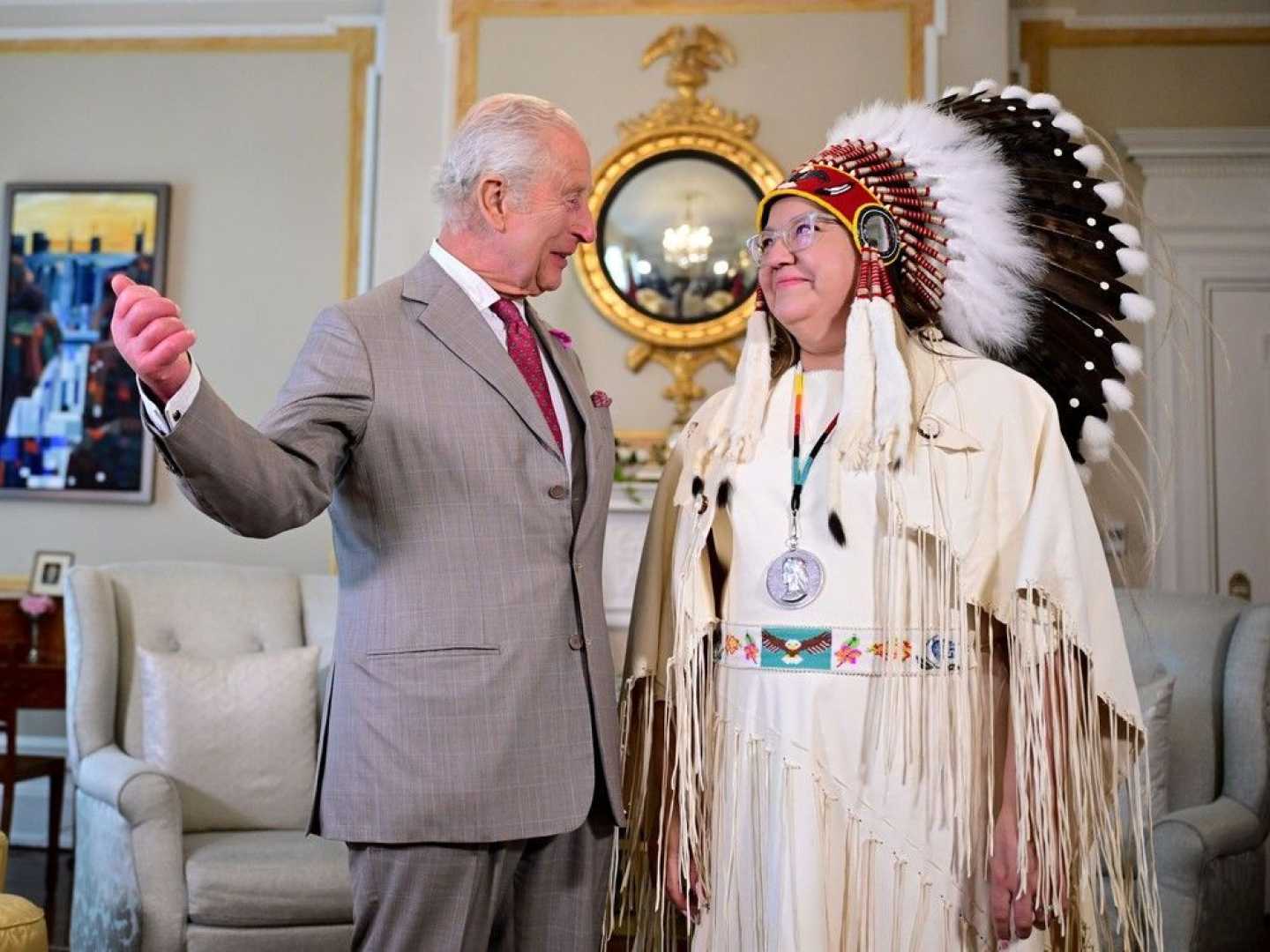News
Indigenous Leaders Respond to Royal Visit Amid Calls for Reconciliation

Toronto, Canada – King Charles III‘s recent visit to Canada was seen by some as a statement of national sovereignty amid Donald Trump‘s controversial remarks. However, many Indigenous leaders believe the royal visit overshadowed pressing conversations about reconciliation.
The visit included traditional ceremonies and protocols, but Indigenous representatives argued that such spectacles distract from the ongoing struggles of First Nations. David MacDonald, a political science professor at the University of Guelph, emphasized the tension, stating, “There’s only so much oxygen in the room and it gets all sucked up with standing up to Trump.”
MacDonald, representing Treaty 4 lands in Saskatchewan, highlighted Canada’s history of colonization, saying, “We need to be careful not to fall back into those historical patterns.” He called for a reevaluation of how Canada recognizes its Indigenous heritage alongside its colonial history.
Indigenous leaders also expressed frustration at the irony of royal declarations of sovereignty, noting they often have to assert their rights to the Canadian government as well. Chief David Monias from Pimicikamak Okimawin emphasized, “We were sovereign. We still are sovereign.” He asserted that Canada must respect treaty agreements that require sharing land and resources.
Grand Chief Krya Wilson of the Assembly of Manitoba Chiefs responded positively to the King’s acknowledgment of Indigenous rights but pointed out a lack of true follow-up: “There was talk of truth and reconciliation. But… we’ve heard the term ‘reconciliation’ for years now.”
During her meeting with the King, National Chief Cindy Woodhouse Nepinak urged the need for “less colonialism,” stressing that Indigenous peoples have long faced the impacts of colonial policies. “First nations have been feeling that for a long time,” she said.
Canada’s ongoing reckoning with its colonial past gained significant attention following the Truth and Reconciliation Commission‘s 2015 report, which labeled the treatment of Indigenous children as “cultural genocide.” However, the perception of backsliding in reconciliation efforts has been palpable, especially in light of recent decisions such as the reinstatement of a statue of John A. Macdonald, Canada’s first prime minister, whose policies led to the suffering of Indigenous communities.
Rowland Keshena Robinson, an assistant professor of political science at the University of Waterloo, remarked, “There absolutely has been a backsliding in reconciliation in the last five years.” He argued that Canada must define itself through genuine reconciliation rather than colonial allegiance.
The call for a shift in narrative is growing, as Indigenous self-determination is positioned as a potential cornerstone of Canadian identity.












